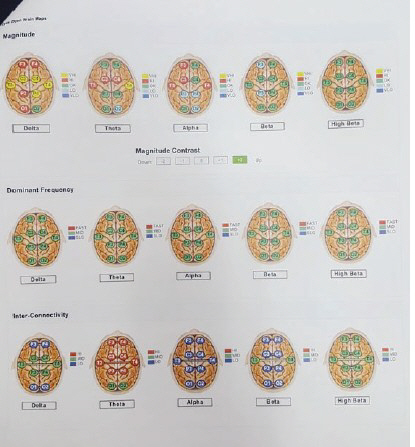The Detriments of Gender Norms
2017-08-21 (월) 12:00:00
Clifford Ki, Loyola High School 11th grade

Clifford Ki, Loyola High School 11th grade
“Don’t be a little girl” or on a more “mature level” “Don’t be a p*ssy”; these are all things that are said to boys of this generation. However, if you truly reflect on the true connotations of these words, it is somewhat strange how these are insults to people, more specifically, men, in today’s “modern” society. Being a girl is not a bad thing; it’s something that is uncontrollable like race and sexuality - it does not make a person a lesser being because of this. It’s very similar as in calling someone a p*ssy, but in a sense that it is berating to make a women’s body part into an insult. It seems as though in today’s world, people use these as an insult to others and make it seem that being a girl is a bad thing. This is a problem not only for girls, but also for guys. From a young age, speaking from personal experience, I was taught to not be “girly”. Being “girly” is considered crying, not being athletic, and showing emotions; these are only a few out of the many stereotypes that exist today. Even though these are all really bad stigmas to have, the last of these three prove to be one of the most detrimental to a person’s well-being.
In a time and age when mental health is being uncovered and the stigmas on mental illnesses are being eradicated one by one, it is ironic to see that boys are still told not be show emotions. All people should be able to show their emotions regardless of gender. Society as a whole tries to shroud this phenomenon and makes it seem as though it is not a problem; it not only becomes very harmful to society, but it also causes even more problems regarding mental health. The male suicide rate is the highest for completed suicide in the U.S. Even though there are many other contributing factors in why this is the fact - for an example, men are more likely to use more “aggressive” means of completing suicide like using a gun - there is still an unavoidable factor of how men are told from a young age to not show that they are weak and need help.
<
Clifford Ki, Loyola High School 11th grade>


